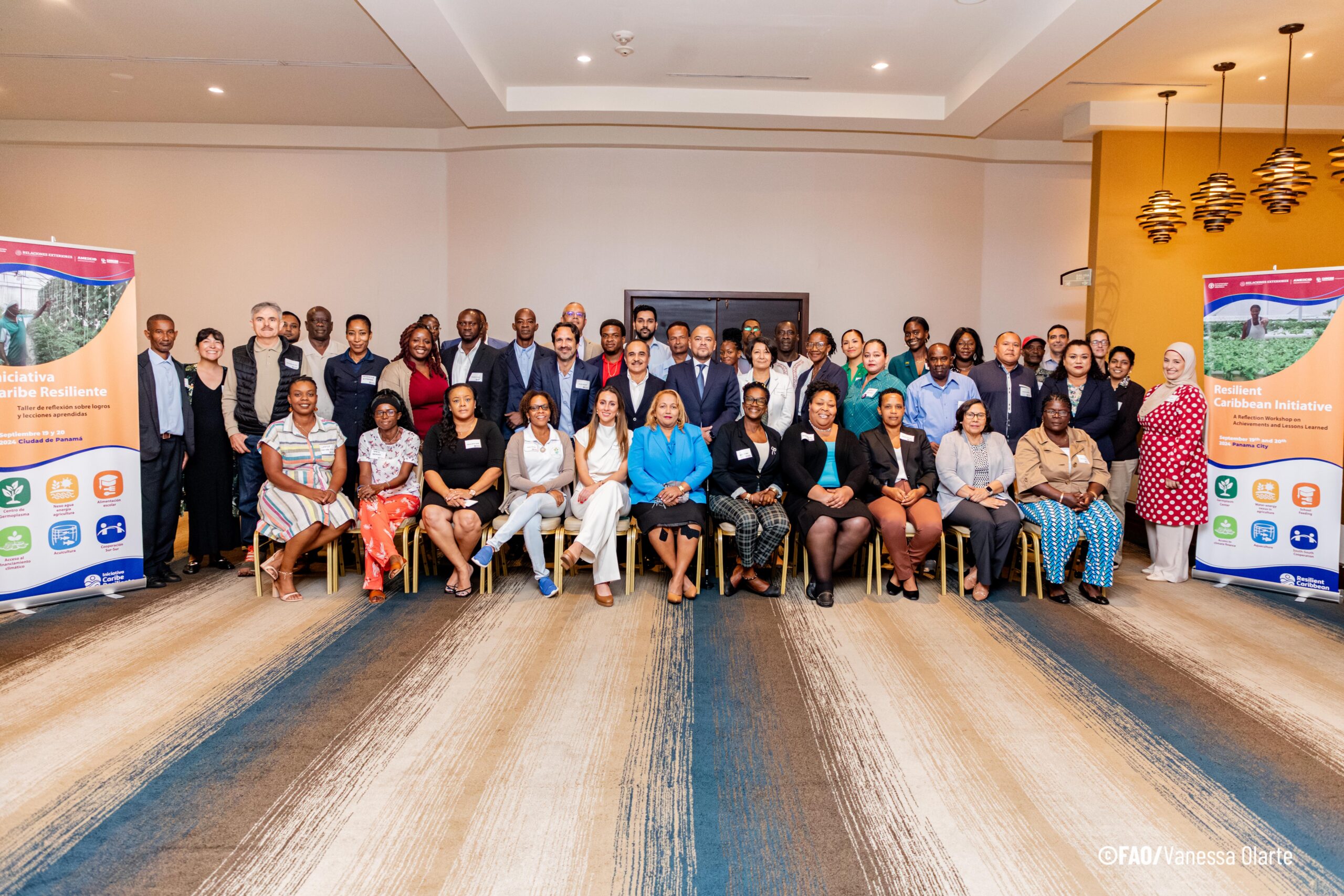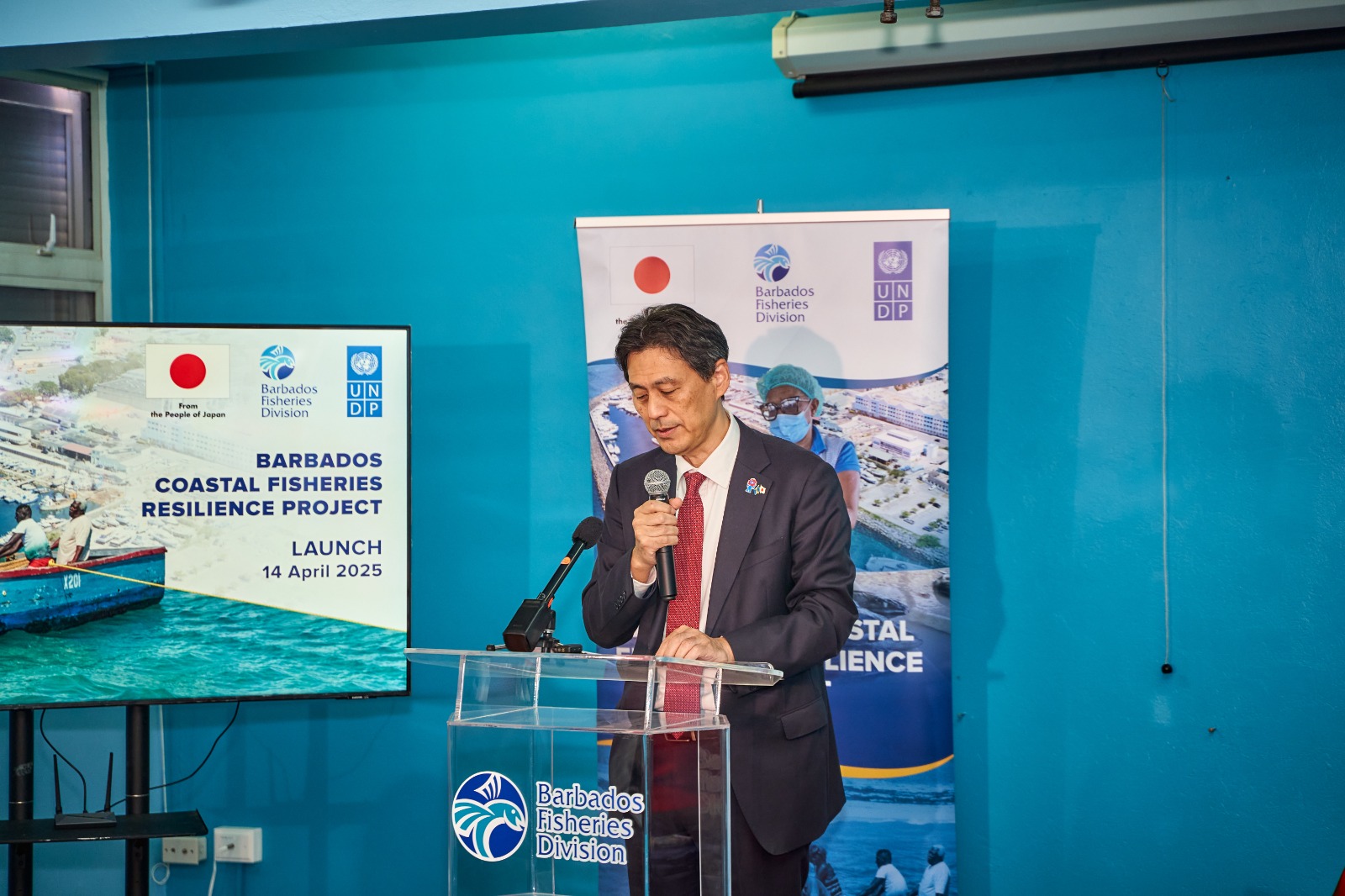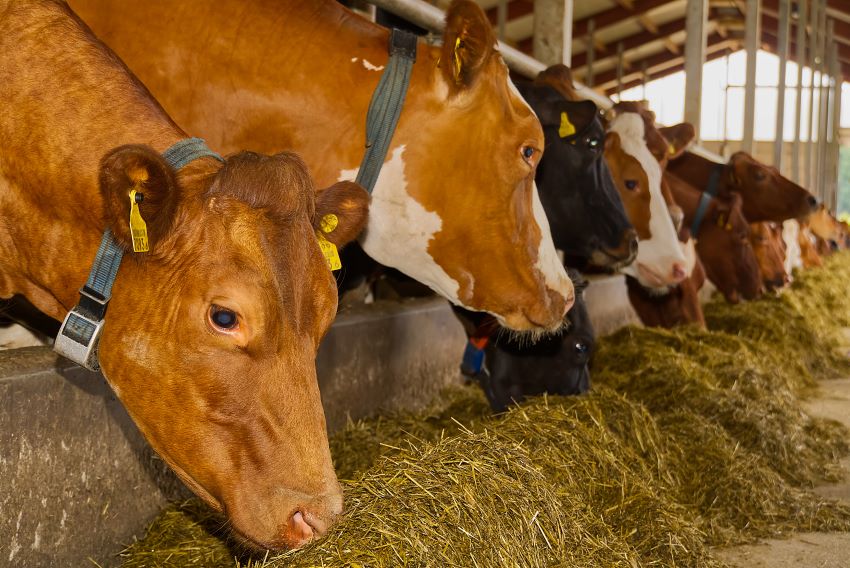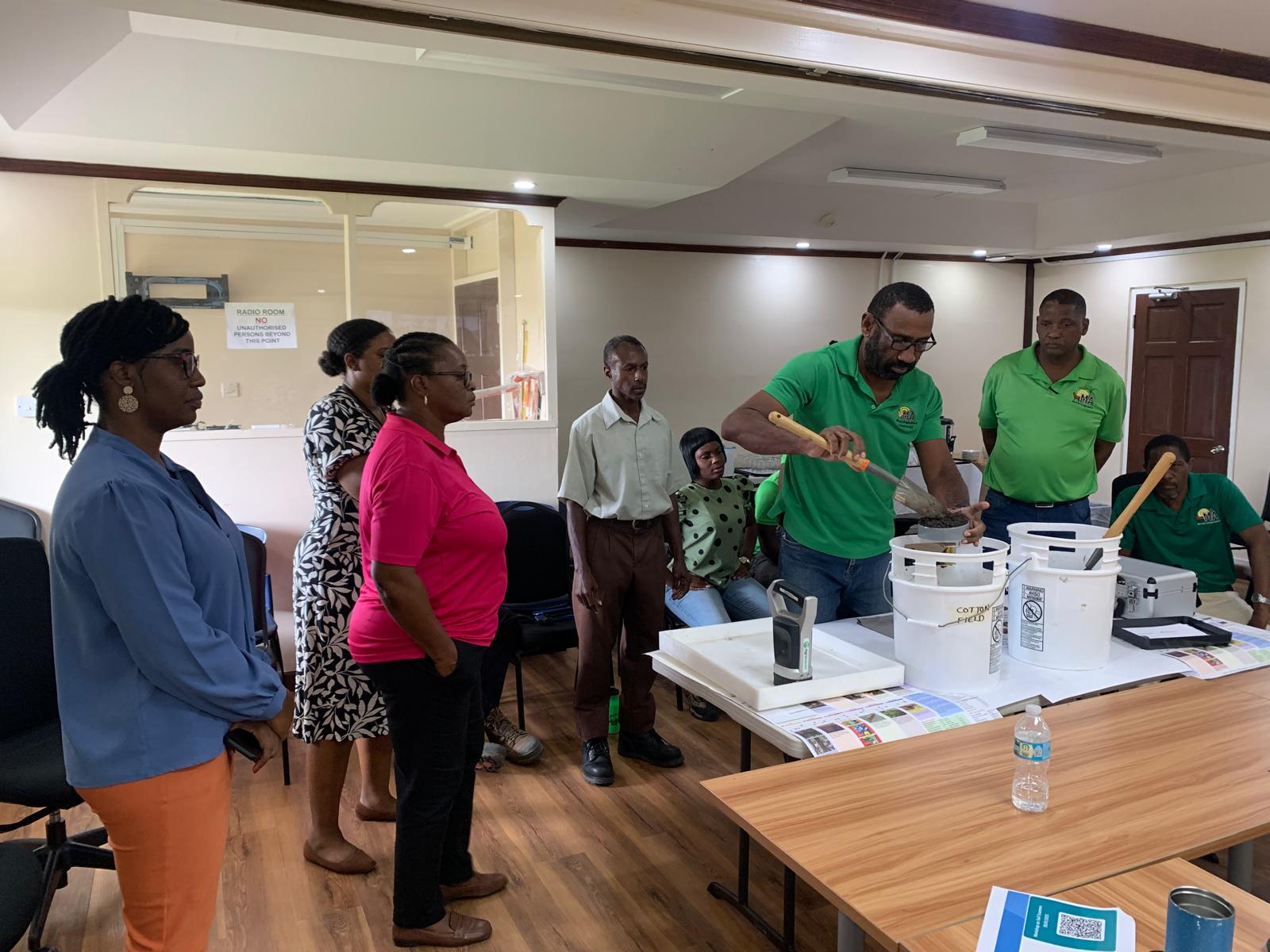Within the framework of the Resilient Caribbean Initiative (RCI), funded by the Government of Mexico and implemented by the Food and Agriculture Organization of the United Nations (FAO) Subregional Office for the Caribbean in collaboration with relevant government ministries, the CARICOM Secretariat, and Mexican South-South cooperation partners, the “Reflection Workshop on Achievements and Lessons Learned ” was held in Panama City on September 19-20, 2024.
This event brought together representatives from various Caribbean countries, project beneficiaries, and key stakeholders to assess the progress and challenges in building resilience to climate change and other crises in the region. It also allowed to reflect on priorities for the future.
The workshop opened with remarks from Ms. Karen de Brouwer, Director of Financing for Development and Emerging Technologies at Mexico’s Ministry of Foreign Affairs (SRE), and Mr. Tony Rojas, General Director for the Execution of Projects Abroad of the Mexican Agency for International Development Cooperation (AMEXCID). Ambassador David Prendergast from the CARICOM Secretariat and Dr. Renata Clarke, FAO Subregional Coordinator for the Caribbean, were also present at the inauguration.
Dr. Clarke emphasized the significance of the event stating, “This event is of special importance as it brings our current project to a close. It provides us with a valuable opportunity to socialize our experiences, process the lessons we’ve learned, and forge a clear vision for future initiatives. The knowledge we gain here today will undoubtedly serve as the foundation for future projects that build on the successes of this one.”
The Initiative has trained 130 individuals in the water-energy-food nexus and installed 44 solar-powered irrigation and hydroponics systems. It improved kitchens at 26 schools and established 32 school gardens, providing training for teachers and students. Support was given to 28 MSMEs, two government facilities, and seven schools to expand aquaculture/aquaponics facilities. In Haiti, over 70 farmers were trained, and four satellite nurseries were equipped. Additionally, the Initiative mobilized over USD 50 million in climate finance from donors like the Global Environment Facility (GEF) and the Green Climate Fund (GCF).
During the “Voices from the Field” panel, Jamaican farmer Latoya Rattray-Ellis expressed gratitude for receiving a 1,000-gallon water storage tank and a solar-powered hydroponic system that can produce 400 seedlings. Sheir Williams from Antigua and Barbuda shared how a 5,000-gallon water storage cistern and solar-powered drip irrigation system significantly boosted her farm’s production. In Belize, Ms. Seleni Grajales, Principal of Santa Martha Public School, emphasized how the school feeding program has become a vital source of nutrition for students, improving their focus and energy for learning, while also nurturing their overall well-being.
The “National Perspectives” panel emphasized how the Initiative has strengthened climate resilience in agriculture, providing training, renewable energy solutions, and boosting school feeding and aquaculture programs. Mr. Osmond Harewood of the Barbados Agricultural Development and Marketing Corporation highlighted the Initiative’s role in building resilience in Barbados’ agricultural sector, stressing the importance of planning for timely equipment delivery.
During group discussions, participants noted achievements like increased use of solar technology and rainwater harvesting, which stabilized costs and boosted production during dry seasons. Challenges included limited production capacity, water shortages, crop theft, and project delays. Participants highlighted the importance of promoting local food production, adjusting crop schedules to climate conditions, and creativity in school menu design as key lessons learned.
On the second day the focus shifted to the future of the Resilient Caribbean Initiative. There was a strong consensus that while a solid foundation exists, the commitment of all stakeholders is crucial for sustained progress. Dr. Ulises Dehesa from the Mexican Institute of Water Technology emphasized the need to integrate water and energy solutions, highlighting the importance of community collaboration to ensure long-term sustainability and ownership.
In her keynote presentation, Ms. Catalina Torres outlined the success of Mexico’s National System for the Integral Development of the Family in implementing hot meal programs in schools, improving students’ access to nutritious foods. On his end, Dr. Bernardo Murillo, from the Center for Biological Research of the Northwest, showcased how integrated aquaculture systems could bolster food security and climate resilience in arid Caribbean regions. He emphasized that adopting these models could significantly enhance agricultural productivity and climate change mitigation efforts.
A high-level panel on regional cooperation for climate change adaptation featured representatives from AMEXCID, CARICOM, FAO, and Mexico’s diplomatic corps. The panel highlighted the importance of regional partnerships in enhancing agri-food system resilience. Ambassador Víctor Hugo Morales and Mr. Tony Rojas underscored Mexico’s commitment to cooperation in agriculture and food systems in the Caribbean. The door for a second phase of the Initiative was left open given the positive results achieved. These will be shared with the incoming administration, which was sworn in on October 1 2024.
Group discussions identified priority areas for future efforts, emphasizing the integration of renewable technologies, climate-smart practices, and the need for youth and gender inclusion to ensure a sustainable vision for the region’s agricultural future.
In closing the event, after giving thanks to the financial and technical support from Mexico through the Ministry of Foreign Affairs, AMEXCID, and South-South and Triangular cooperation partners, Jacinto Buenfil, FAO Project Coordinator of the Initiative stated that “the foundation exists to continue building on current achievements.” In agreement, participants expressed their request to the government of Mexico to continue supporting the Caribbean with a second phase of the Resilient Caribbean Initiative. (PR)


 Local1 week ago
Local1 week ago
 International3 weeks ago
International3 weeks ago
 Business3 weeks ago
Business3 weeks ago
 Tourism2 weeks ago
Tourism2 weeks ago
 Sports1 week ago
Sports1 week ago
 Government2 weeks ago
Government2 weeks ago
 Local3 weeks ago
Local3 weeks ago
 Government4 weeks ago
Government4 weeks ago
























